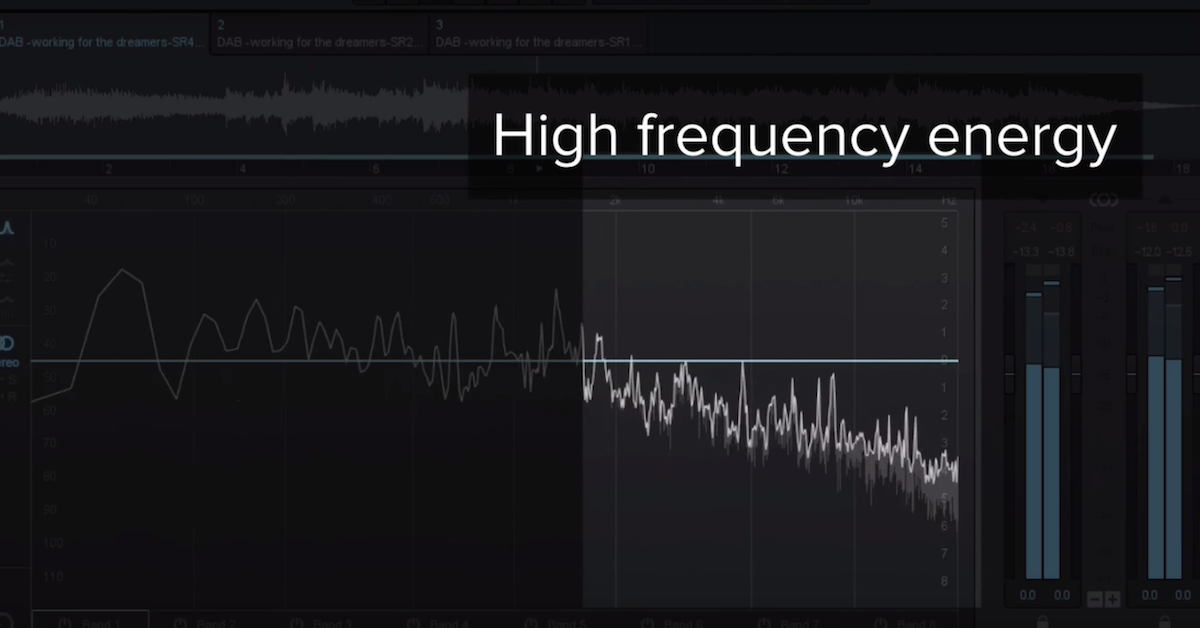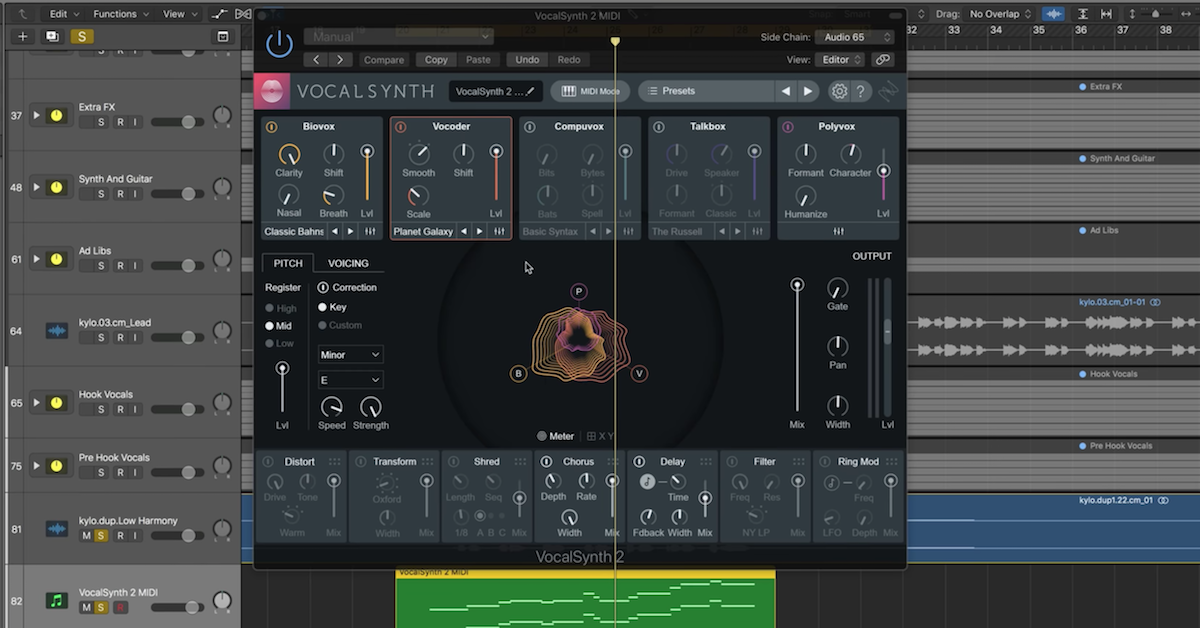Studio Rates: Charging an Hourly Rate vs. Charging per Song
Article Content
The question of how to charge for professional audio services can be a confusing one. The decision only becomes more weighty when we take into account the confusion that prospective clients can feel when they compare engineers or studios that have seemingly incompatible price structures.
It’s important to provide our clients with the clearest, most accurate estimate of costs that we can, so let’s look at some of the advantages and disadvantages of charging an hourly rate versus charging per song.
The Hourly Rate
Charging an hourly rate is a long-standing tradition in the commercial studio world, but that doesn’t mean that it makes the most sense for everyone. So, when does the hourly rate (or day rate) shine?
- When ‘Time’ is the unit of sale. The aforementioned commercial studio, for example, sells time in the room. The majority of clients will be expecting the rate to be expressed per hour or per day. For the small group of prospective clients who are unsure (or too sure) about the amount of time they need, simple formulas can be devised and tweaked to help accurately estimate the time needed to accomplish their work.
- When you want to provide value for the clients who have done their homework. The strength of the hourly rate in a specialty like mastering, for example, is that clients are encouraged to bring in the highest level of preparation. Simply put, a mastering engineer won’t need to spend as much time on excellent mixes. Everyone’s work sounds better, and the client probably saved a little money. Conversely, for those clients who choose to rush the mixing process, mastering billed hourly will prove to be more expensive. The hourly rate excels if it’s O.K. that your dream clients see you as affordable and the least prepared folks see you as kind of pricey.
- Anytime a project lacks a clearly defined finish line. Working on a ‘per song’ or ‘per project’ basis may sound simple, but it can get very complicated if there isn’t a clear definition of completion or clear limits to the time frame. Charging for the time ensures that if work continues, or the scope of work changes, you’re still getting paid.
Charging Per Song
There’s no question that charging by the song or by the project provides the simplest estimation of costs for your clients. Unfortunately, when your underlying assumptions about the project prove to be wrong, you end up effectively paying part of the bill. Here are some good examples of situations that typically lend themselves to billing per song:
- Commodity music should be priced as a commodity. Many of us are confident enough in our experience to admit that we’re not always making fine art for art’s sake. ‘Spec’ work can pay the bills. When these clients pay their bills they expect to see simple unit pricing. If you ask a butcher how much the lamb costs, he doesn’t tell you how many hours it took to raise it.
- All of the typical ‘unknowns’ are known. When you’re familiar with the material, the players, and the production environment you can be confident that your estimation of work time will be accurate. Some projects just aren’t complicated. These are great opportunities to work in simple terms with your client.
- Sometimes you just want the gig. Working per song with lots of variables can mean accepting a highly variable rate of pay. If there’s a project that’s worth the risk of working at an unknown rate, a song rate or a project rate can often provide the assurance that a self-financed client is looking for.
Set the Rate and Do the Work
You won’t meet too many people who enjoy thinking about money, and even fewer who enjoy talking about it with their clients. However, a little forethought about which pricing structure works best for a particular project can help. If you’re confident in the rate you set, and which type of rate you’re using, you’ll be more prepared to pass that confidence on to your client with a clear and accurate estimate of costs. Then you and your clients can get on with the real goal: making music!





